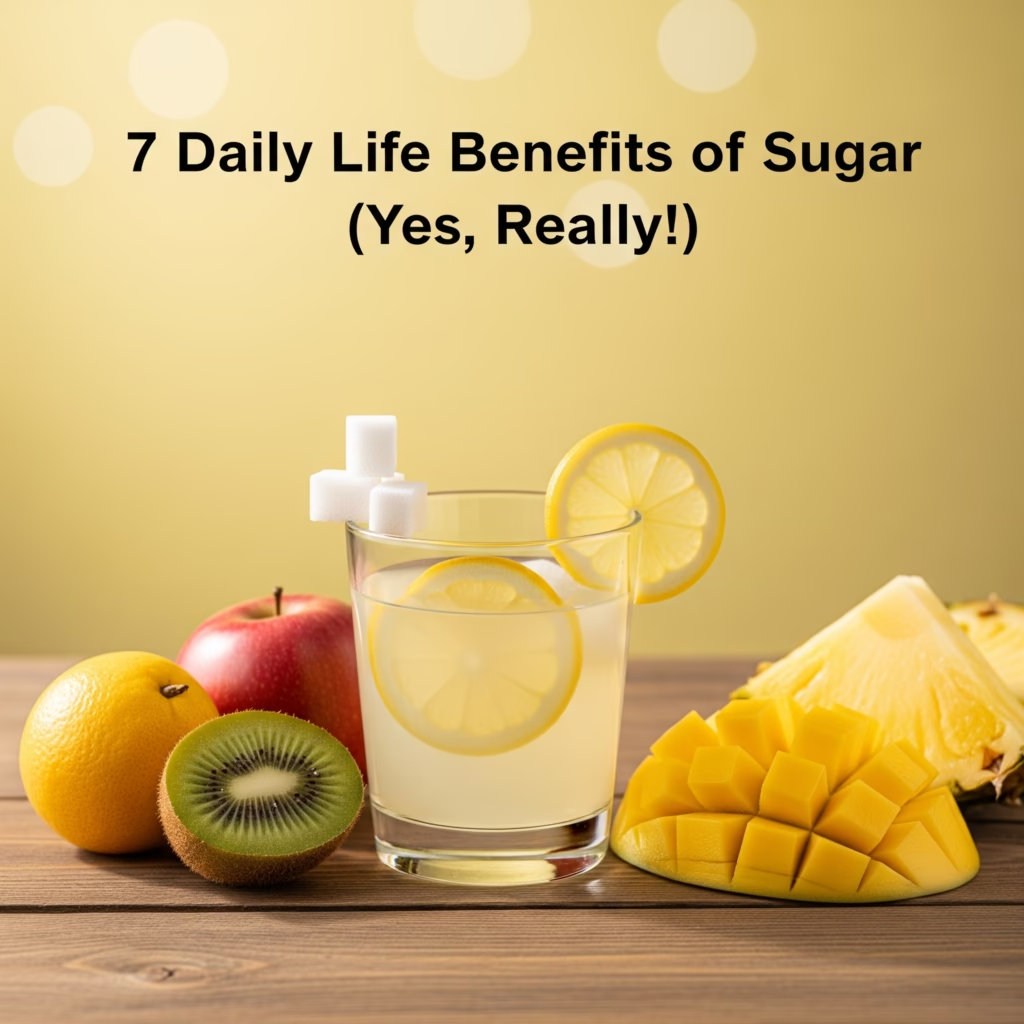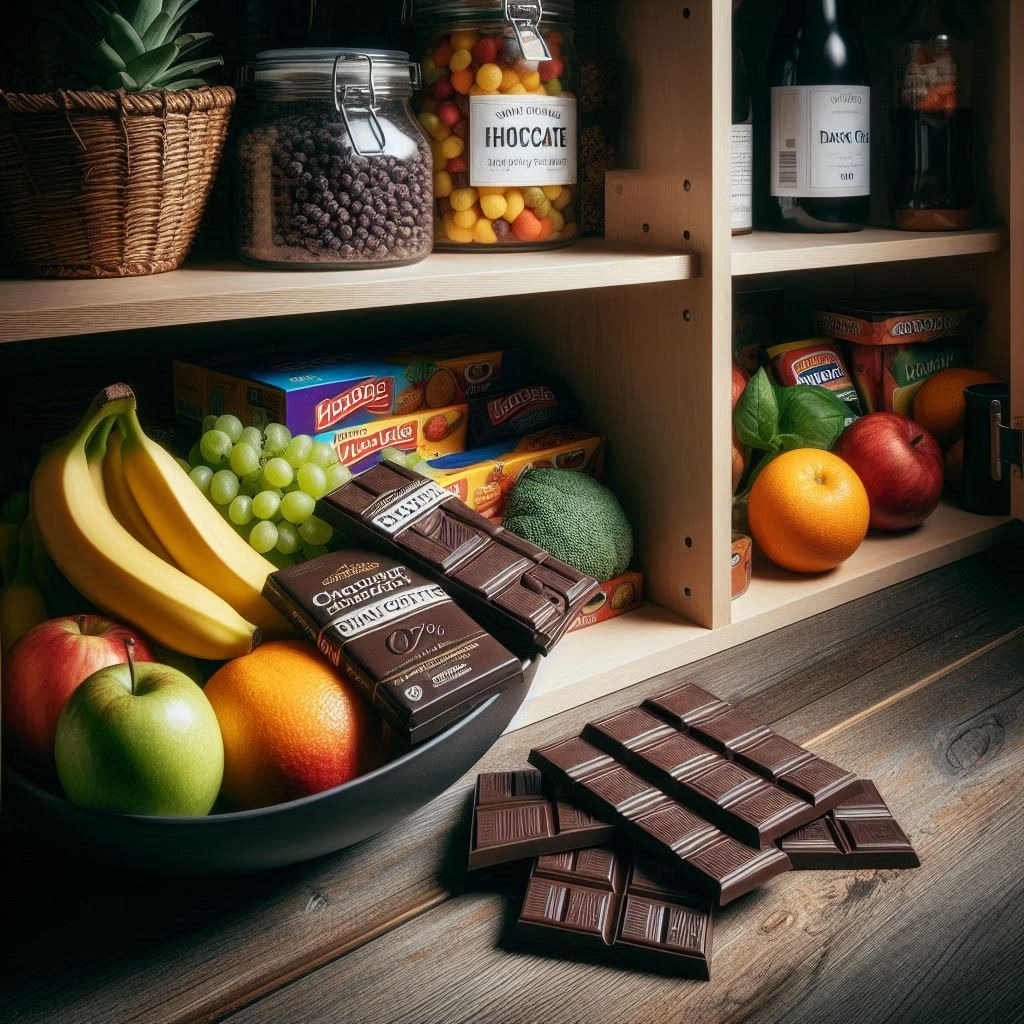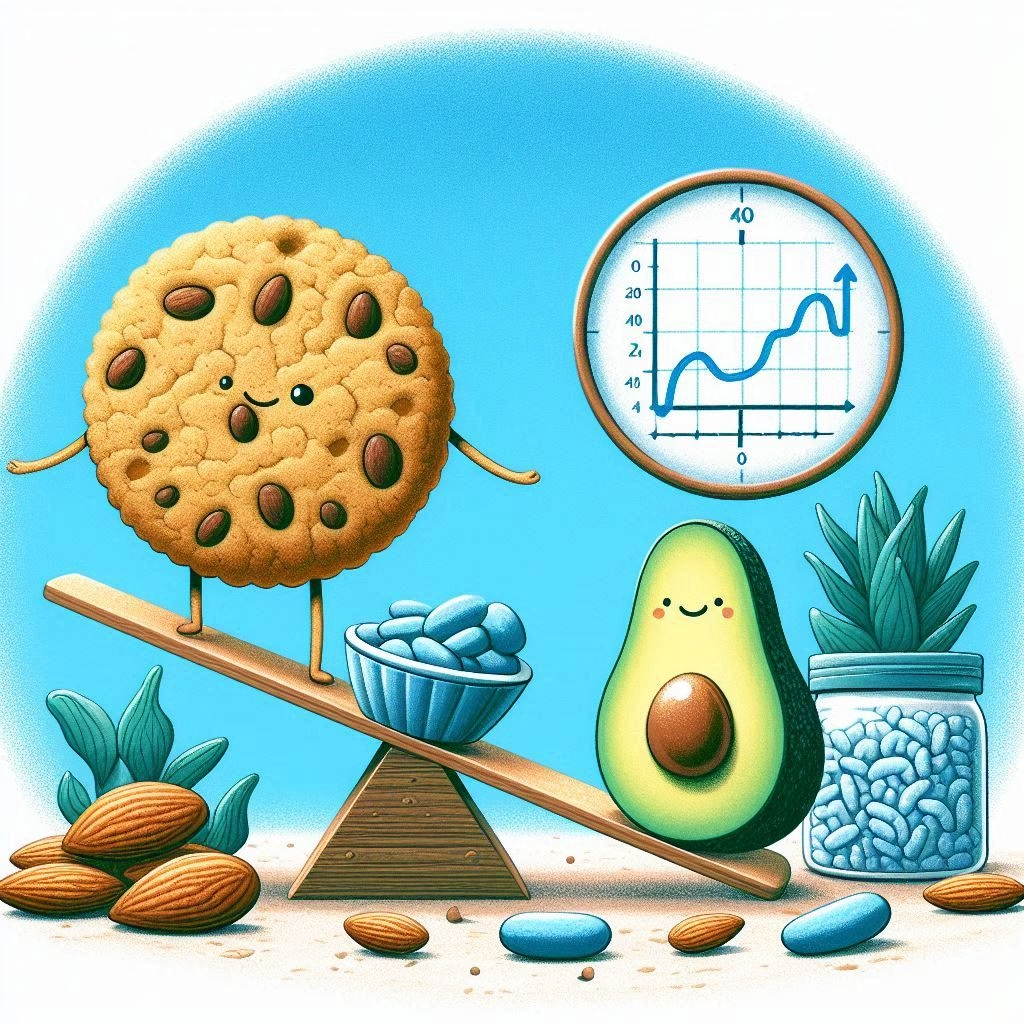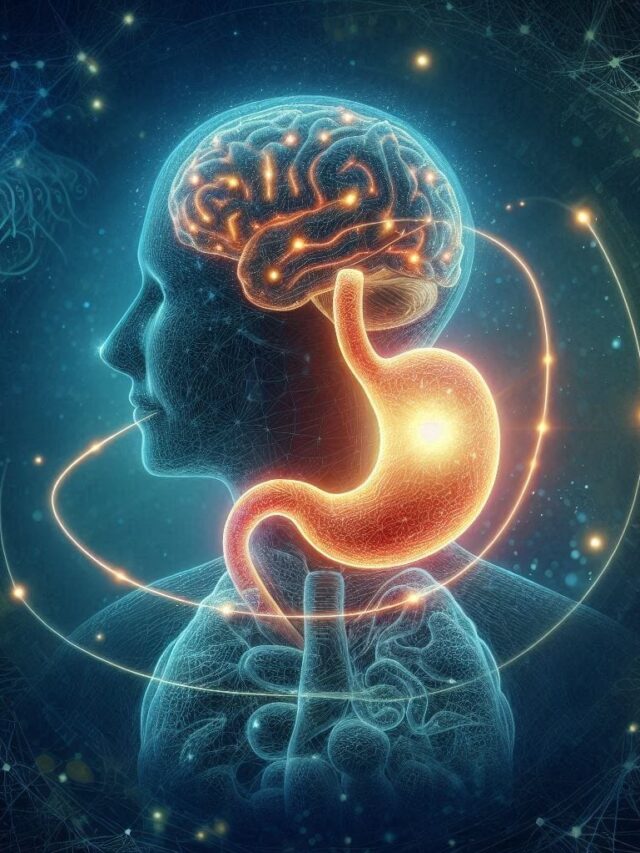We’ve all heard sugar’s bad rap—blamed for everything from breakouts to burnout. But let’s pump the brakes for a second. Sugar’s not just the villain in your fitness tracker. It’s also an unsung hero in ways that most people overlook.
No, we’re not talking about gorging on donuts every morning (tempting, though). We’re talking about the actual biological and psychological roles sugar plays in your everyday life.
Let’s walk through some of the surprising, science-backed ways sugar shows up to support you—without the fear-mongering.
1. It Fuels Your Brain—Literally

Your brain, the overachiever that it is, runs almost entirely on glucose. It’s not a metaphor—it’s chemistry. Neurons don’t store energy like your muscles can. Instead, they rely on a constant supply of blood sugar to function.
Ever tried solving a tough problem on an empty stomach? It’s like trying to run a Zoom meeting with 2% battery and no charger in sight. You get fuzzy, forgetful, and kind of cranky. That’s low blood sugar talking.
So yes, sugar (in moderation) keeps your mental gears turning. Students grabbing a banana or a small piece of chocolate before exams? That’s not just superstition—it’s neuroscience.
2. Gives You Quick Energy When You’re Running on Fumes

Let’s talk practical. You’ve had a long day. Deadlines. Traffic. A gym session you barely survived. Your body needs a pick-me-up, and it needs it fast.
That’s where sugar can step in. Unlike complex carbs that take time to digest, simple sugars hit the bloodstream quickly. That banana mid-run? Life-saver. That glucose tab before a CrossFit WOD? Not cheating—just chemistry.
Even medics use sugar in emergencies. Diabetics experiencing hypoglycemia? A quick hit of juice or candy can literally be the difference between passing out and bouncing back.
3. It Boosts Mood (And Not Just Because It Tastes Good)

Sugar doesn’t just perk up your energy—it gives your mood a lift, too. Why? Because eating sugar triggers the brain to release dopamine—the same “feel-good” chemical involved when you laugh, hug someone, or check your phone for likes.
Of course, chasing sugar highs all day isn’t a strategy. But in small, intentional doses, sugar can help combat stress or emotional fatigue.
Think of it as emotional first aid. A spoonful of honey in tea when you’re exhausted. A shared slice of cake at a celebration. That’s sugar doing what it does best—adding a moment of joy to the mix.
4. Plays a Functional Role in Recovery (Especially After Workouts)

Here’s something fitness culture doesn’t always say out loud: sugar is essential for recovery. After a tough workout, your body’s glycogen stores (the sugar reserves in your muscles) are depleted. That’s why you feel like a noodle.
Post-workout snacks with a mix of protein and carbs—especially fast-digesting carbs—help restore those glycogen levels. It’s why chocolate milk, of all things, is actually recommended by some sports dietitians as a recovery drink.
So yeah, sugar has a place at the gym, just like your foam roller and sad protein shake.
5. Helps with Hydration (Not Kidding)

You know how electrolytes are all the rage? Sodium, potassium, magnesium—sure. But glucose plays a role here, too.
In oral rehydration solutions (like Pedialyte or those dissolvable tabs athletes love), sugar isn’t there for flavor. It’s there because glucose helps your body absorb electrolytes and water faster.
That’s why sugar is a key ingredient in treatments for dehydration, especially in kids and the elderly.
So next time you’re sipping on coconut water after a sweaty hike, remember—there’s a little sugar in there doing important behind-the-scenes work.
6. Preserves Food—And Tradition

Okay, this one’s less about biology and more about culture. Sugar has been preserving fruits, recipes, and memories for centuries.
Jams, jellies, chutneys—they exist thanks to sugar’s antimicrobial properties.
Without it, grandma’s secret strawberry preserves wouldn’t last more than a week in the fridge.
More than that, sugar is woven into tradition. Think Diwali sweets, Christmas cookies, Eid desserts, Lunar New Year candies. These aren’t just indulgences—they’re edible time machines. Bites that connect generations. Sugar, in this context, is heritage.
7. Adds Enjoyment—and That Matters

Here’s the thing: food isn’t just fuel. It’s a connection. Comfort. Creativity.
Yes, we live in a culture obsessed with macros and clean eating. But pleasure? It’s not a dirty word. It’s part of being human. And sugar—used mindfully—can enhance the flavor and texture of dishes in ways no substitute quite matches.
The snap of brûlée on a crème brûlée. The perfect crust on a cinnamon roll. The balanced sugar brings to a spicy sauce or a tangy vinaigrette. These little pleasures add richness not just to meals, but to life.
Because food should nourish your soul as much as your body.
The Bottom Line?
Sugar isn’t the enemy. It’s a tool. Like caffeine or salt, it can be abused—but it can also be respected.
The key? Mindfulness. Awareness. Intentionality.
Don’t let diet culture or wellness trends flatten your understanding of nutrition into black and white thinking. The truth—like most things—is somewhere in the nuanced, complicated, wonderfully human middle.
So the next time someone says sugar is “just empty calories,” you can smile, pass the homemade pie, and say: “It’s a little more than that, actually.”






